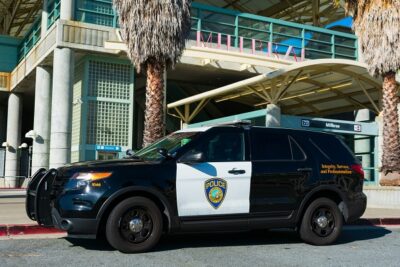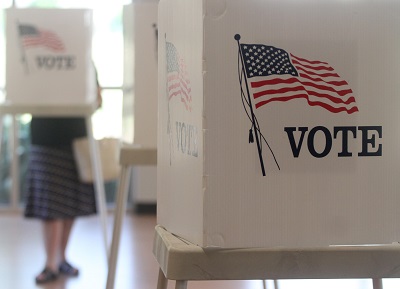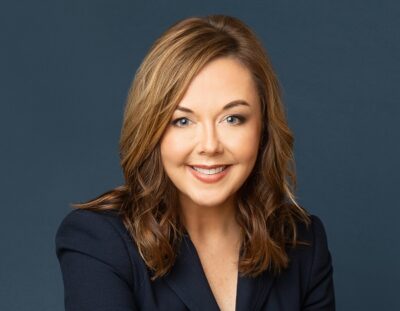Bay Area Businesses Lead the Way to Renewable Energy Future
The basic architecture of the electricity grid is unchanged from the time of Thomas Edison, Professor Arun Majumdar told the Bay Area Council’s Energy Committee this week, while the expectations and uses of the grid have radically transformed. Energy policy, technology, and economics all point towards greater and greater challenges for the grid, as generation trends towards very high levels of renewable and distributed generation and as energy users become increasingly sophisticated about managing their own energy supplies and on-site storage.
Mike Petouhoff, Energy Committee Co-Chair and Apple’s global energy team leader, described how Apple is managing this trend, guided by its corporate commitment to achieve zero carbon energy usage. In the US, Apple has met this goal and now procures 100 percent carbon-free renewable energy; outside the US, it is at 93 percent and continues to work towards 100 percent. Petouhoff described how Apple’s new corporate campus in Cupertino begins with a foundation of intensely energy-efficient design, uses on-site and off-site solar generation, and can operate as an independent microgrid with on-site storage.
The transportation sector remains California’s largest carbon emitter, but the steep decline in the cost of battery storage has made electric buses competitive with diesel buses. Ryan Popple, CEO of Proterra, based in Burlingame, explained that the incremental cost of battery-electric buses is met after just five years of operations, thanks to lower fuel and maintenance costs. Improving battery technology will continue to extend operating range, and in just a few years, battery-electric buses should become the most economical choice for most public transit operators. To engage in the Council’s energy policy work, please contact Senior Vice President Michael Cunningham.





